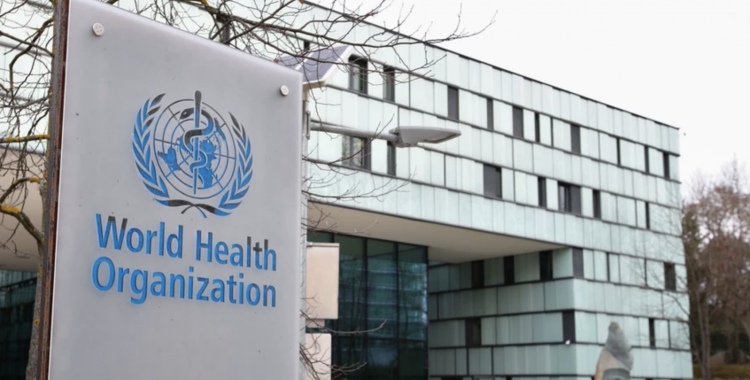According to the latest Global Tuberculosis Report, which will be presented this Thursday by WHO, in 2020 more people died from the infectious disease than in the previous year.
"Approximately 1.5 million people died of TB" last year, "including 214,000 HIV-positive people", one of the highest risk groups, concludes the WHO, fearing that the number of infected and dead with TB "may be much higher high in 2021 and 2022".
The increase in the number of deaths took place "above all in the 30 countries" with the highest rates of tuberculosis, including Angola, Brazil, China, India, Indonesia, Mozambique, Nigeria or South Africa.
At the same time, the WHO adds, "much fewer people have been diagnosed" with the disease, dropping that number from 7.1 million in 2019 to 5.8 million in 2020.
In the report, WHO estimates that "about 4.1 million people" currently affected by tuberculosis have not been diagnosed with the disease or have not been "officially reported to national authorities".
In 2020, the number of people who had access to preventive treatment for the disease dropped 21 percent, compared to 2019, stresses the WHO.
WHO also sees a decrease in expenditure on essential services related to tuberculosis, the deadliest infectious disease after covid-19.
"In many countries, human, financial and other resources have been reallocated to the response to covid-19", notes the organization, considering that "the main challenge" includes the interruption in access to tuberculosis control services and the reduction of resources.
Tuberculosis is a serious but curable disease, transmitted mainly by air, through the inhalation of droplets expelled by the sick person when they cough, speak or sneeze.
"This report confirms our fears that disruption of essential health services due to the [covid-19] pandemic could begin to undo years of progress against tuberculosis," acknowledged WHO Director-General Tedros Adhanom Ghebreyesus , in the communiqué issued in connection with the presentation of the new report.
"This is alarming news, which must serve as a global wake-up call for the urgent need for investment and innovation to fill diagnostic, treatment and care gaps for the millions of people affected by this old, yet preventable and curable disease," he said.
Global expenditure on tuberculosis diagnosis, treatment and prevention services has fallen from 5.8 billion to 5.3 billion dollars – which represents less than half of the global target set for combating tuberculosis.
In the communiqué, WHO urges countries to "take urgent measures to restore access to essential TB control services" and calls for a doubling of investment in research and innovation on the disease.
Financing TB treatments in low- and middle-income countries (where 98 percent of new cases are recorded) "remains a challenge," underlines the WHO.
The world was "a quarter of the way" to the global goal of decreasing the number of tuberculosis deaths by 35 percent by 2020 and "halfway" to decreasing patients by 20 percent by 2020.
Still, "there are some successes", as is the case in the Europe region, which exceeded the 20 percent target, mainly due to the reduction of cases in Russia.
The Africa region was also close to 20 percent, due to "impressive reductions" in South Africa and some other countries in the south of the continent.







